Then, You Must Do This:
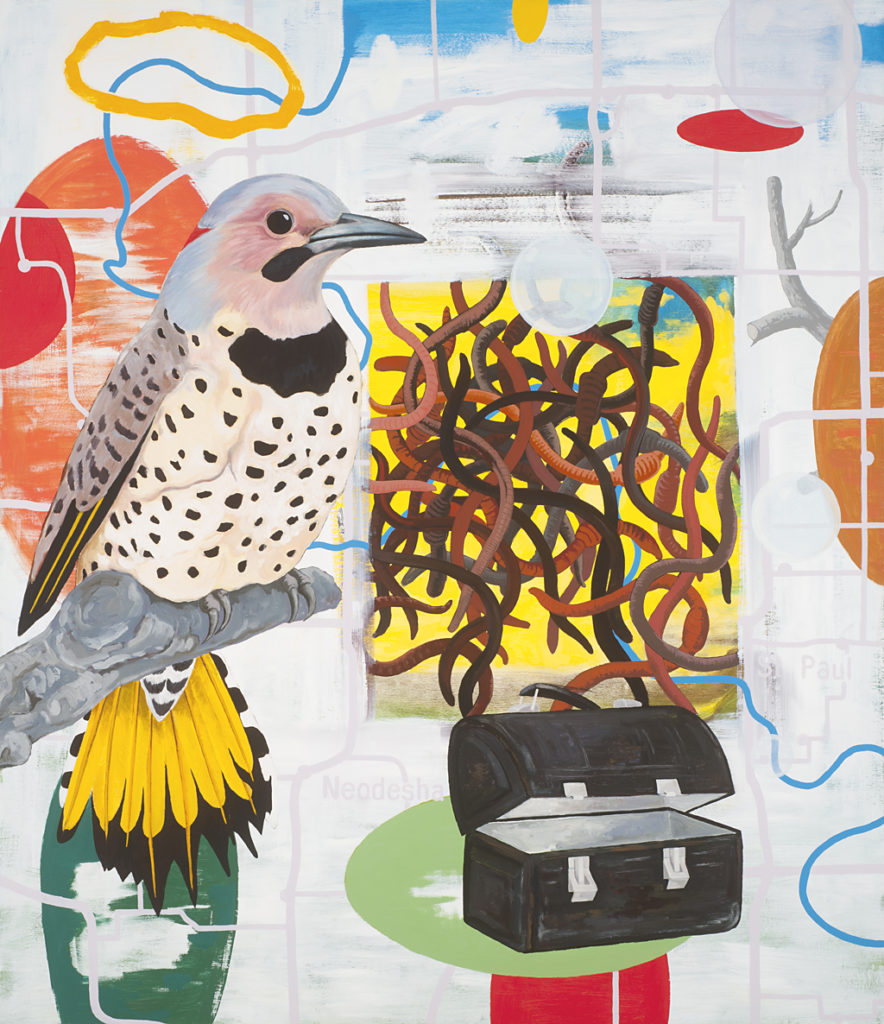
Note: I will be away on retreat Oct 17-30. In the mean time, I leave you with this:
For Calling the Spirit Back from Wandering in its Human Feet
by Joy Harjo
Put down that bag of potato chips, that white bread, that bottle of pop.
Turn off that cellphone, computer, and remote control.
Open the door, then close it behind you.
Take a breath offered by friendly winds. They travel the earth gathering essences of plants to clean.
Give it back with gratitude.
If you sing, it will give your spirit lift to fly to the stars’ ears and back.
Acknowledge this earth who has cared for you since you were a dream planting itself precisely within your parents’ desire.
Let your moccasin feet take you to the encampment of the guardians who have known you before time, who will be there after time. They sit before the fire that has been there without time.
Let the earth stabilize your postcolonial insecure jitters.
Be respectful of the small insects, birds, and animal people who accompany you.
Ask their forgiveness for the harm we humans have brought down upon them.
Don’t worry.
The heart knows the way though there may be high-rises, intestates, checkpoints, armed soldiers, massacres, wars, and those who will despise you because they despise themselves.
The journey might take you few hours, a day, a year, a few years, a hundred, a thousand, or even more.
Watch your mind. Without training it might run away and leave your heart for the immense human feast set by the thieves of time.
Do not hold regrets.
When you find your way to the circle, to the fire kept burning by the keepers of your soul, you will be welcomed.
You must clean yourself with cedar, sage, or other healing plants.
Cut the ties you have to failure and shame.
Let go the pain you are holding in your mind, your shoulders, your heart, all the way to your feet. Let go the pain of your ancestors to make way for those who are heading in our direction.
Ask for forgiveness.
Call upon the help of those who love you. These helpers take many forms: animal, element, bird, angel, saint, stone, or ancestor.
Call your spirit back. It may be caught in the corners and creases of shame, judgement, and human abuse.
You must call in a way that your spirit will want to return.
Speak to it as you would to a beloved child.
Welcome your spirit back from its wandering. It may return in pieces, in tatters. Gather them together. They will be happy to be found after being lost for so long.
Your spirit will need to sleep awhile after it is bathed and given clean clothes.
Now you can have a party. Invite everyone you know who loves and supports you. Keep room for those who have no place else to go.
Make a giveaway, and remember, keep the speeches short.
Then, you must do this: help the next person find their way through the dark.
Turning Toward Mystery
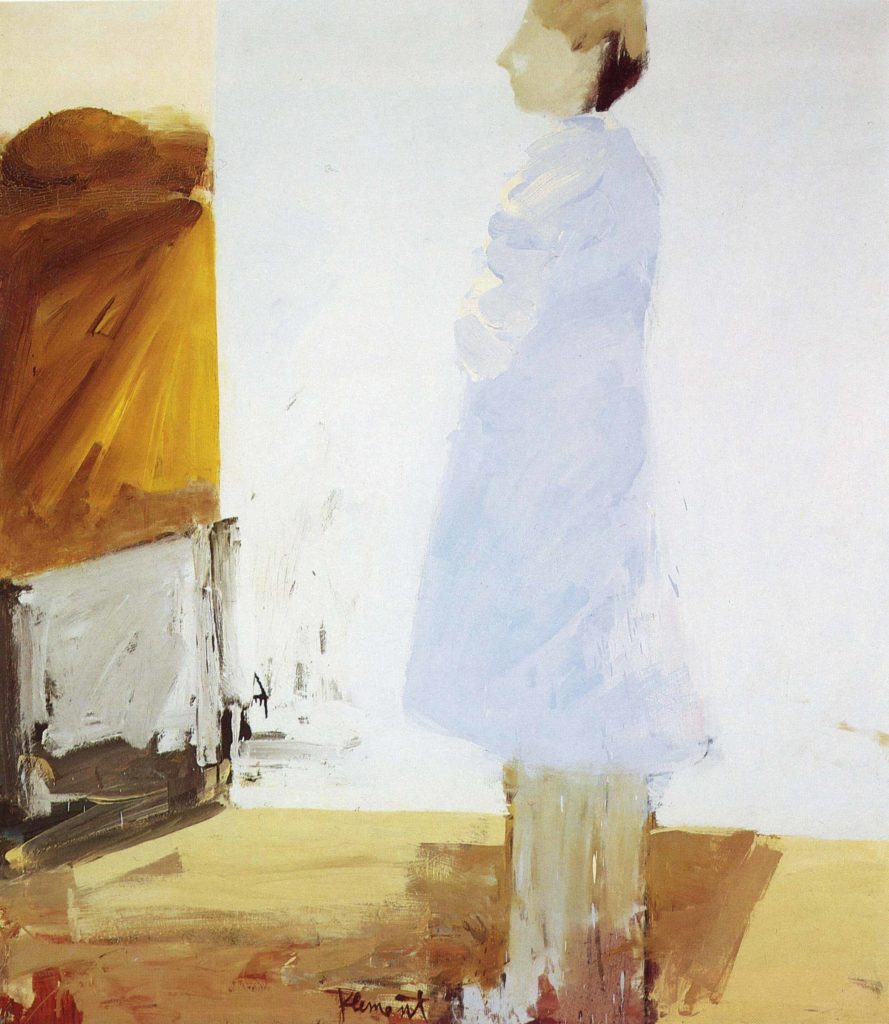
I leave on Thursday morning to attend the Fall Retreat at Spirit Rock, taught by Phillip Moffitt and others — including Tuere Sala, who just led a weekend retreat last month here in St. Louis!
The retreat at Spirit Rock will be a standard Insight Meditation retreat, but I’ll be working with Phillip on the Nine Bodies practice during this time because lately I’ve been feeling a strong interest in turning toward the fundamental mysteries of being alive, one of which is: What is consciousness? And: Where does it come from? What is its significance?
This all started while I was attending the Nature of Awareness retreat back in 2015. I didn’t know quite what to do about it then, but now that I’ve been practicing with the Nine Bodies material for a while, I’m starting to feel like I have a way forward.
Here’s a excerpt from Phillip’s book Awakening through the Nine Bodies: Explorations in Consciousness for Mindfulness Meditation and Yoga Practitioners:
“All-pervading pure awareness….is indescribable, not based on thinking or concepts; it can only be realized by practice. Yet words are necessary to point out the existence of this level of mind.
“For instance, in Tibetan Dzogchen practice, this pure awareness is called rigpa and is described as having three aspects: its essence is emptiness, its nature is radiance or luminosity, and its manifestation is responsiveness. In the Yogacara school in India, pure awareness is called Buddha nature and has three aspects that are inseparable: emptiness, radiance, and responsiveness… In the Pali texts of Theravada Buddhism this pure awareness has been referred to as the unborn, uncreated, and un-manifest.
“Of course there are large metaphysical differences in how these traditions interpret and understand this mystery of pure awareness. Even within each tradition there are disputes as to what is attained. However, there is general agreement that some fundamental change occurs that is markedly different from what characterizes the ordinary mind. In the Heart Sutra in the Tibetan tradition, this awakening is referred to in the following mantra:
“Gate, gate,
paragata,
parasamgate,
bodhi svaha.
Gone, gone,
gone beyond,
unfathomably further than gone beyond,
into awakened mind, ah.”
And She Said…

Mimesis
Fady Joudah
My daughter
wouldn’t hurt a spider
That had nested
Between her bicycle handles
For two weeks
She waited
Until it left of its own accord
If you tear down the web I said
It will simply know
This isn’t a place to call home
And you’d get to go biking
She said that’s how others
Become refugees isn’t it?
Don’t You Wish They Would Stop

Thinking
by Danusha Laméris
Don’t you wish they would stop, all the thoughts
swirling around in your head, bees in a hive, dancers
tapping their way across the stage? I should rake the leaves
in the carport, buy Christmas lights. Was there really life on Mars?
What will I cook for dinner? I walk up the driveway,
put out the garbage bins. I should stop using plastic bags,
visit my friend whose husband just left her for the Swedish nanny.
I wish I hadn’t said Patrick’s painting looked “ominous.”
Maybe that’s why he hasn’t called. Does the car need oil again?
There’s a hole in the ozone the size of Texas and everything
seems to be speeding up. Come, let’s stand by the window
and look out at the light on the field. Let’s watch how the clouds
cover the sun and almost nothing stirs in the grass.
Humility toward the Mysteries
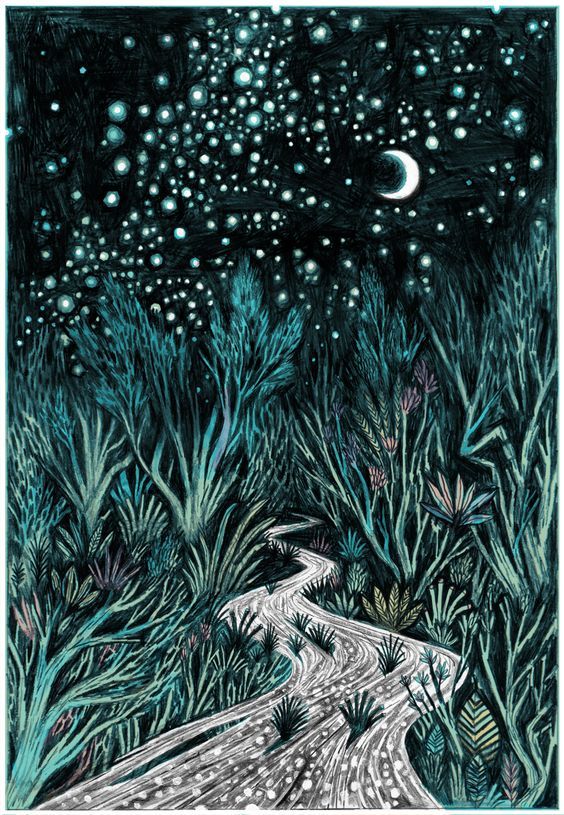
In the journal I’ve been keeping as part of my “Getting to Know Goodwill” practice this year, I’ve taken to copying down — every night, in longhand — an excerpt from Dancing with Life that has resonated with me for some time now and has recently started to take on a deeper significance.
Here’s what Phillip wrote:
You do not have to choose the path of mindfulness. You can decide to distract yourself with pleasure or ego fulfillment, or to fixate your attention on a problem, or a worthy goal, or an enemy. I used to disdain such choices because I thought they were forms of denial and avoidance, but I no longer feel that way. I was being judgmental, thinking I knew what was best for other people and wanting them to be something other than they were. Such an attitude on my part was neither productive nor kind, and lacked humility, which is the most appropriate attitude toward the mysteries of this life.
There is something about investigating my attitude toward the mysteries of life that is calling to me right now. I’m not quite ready to say more than that. But stay tuned.
Dedicate the Merit
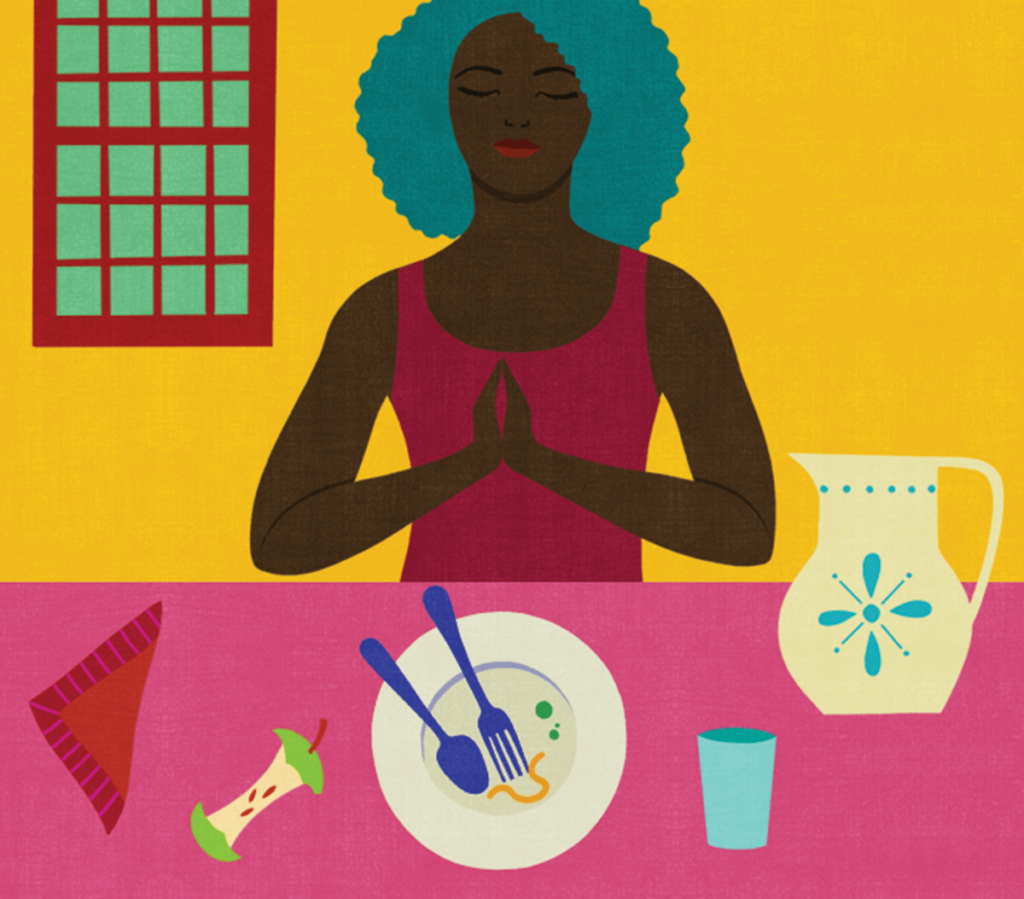
One of our Sangha members sent me this poem with a note saying that he was reminded of it when I dedicated the merit of our practice this past Sunday.
(In addition to “May all beings come to the end of suffering,” I believe I included something like: “May the blessings of our life benefit all beings — even those we’re kind of mad at and a little bit afraid of.“)
Champion the Enemy’s Need
by Kim Stafford
Ask about your enemy’s wounds and scars.
See his hidden cause of trouble.
Feed your enemy’s children.
Learn their word for home.
Repair their well.
Learn their sorrow’s history.
Trace their lineage of the good.
Ask them for a song.
Make tea. Break bread.
***
(Thanks Keith.)
The Truth of Our Lives

The Second Music
by Annie Lighthart
Now I understand that there are two melodies playing,
one below the other, one easier to hear, the other
lower, steady, perhaps more faithful for being less heard
yet always present.
When all other things seem lively and real,
this one fades. Yet the notes of it
touch as gently as fingertips, as the sound
of the names laid over each child at birth.
I want to stay in the music without striving or cover.
If the truth of our lives is what is playing,
the telling is so soft
that this mortal time, this irrevocable change,
becomes beautiful. I stop and stop again
to hear the second music.
I hear the children in the yard, a train, then birds.
All this is in it and will be gone. I set my ear to it as I would to a heart.
What We Talk About When We Talk About Suffering
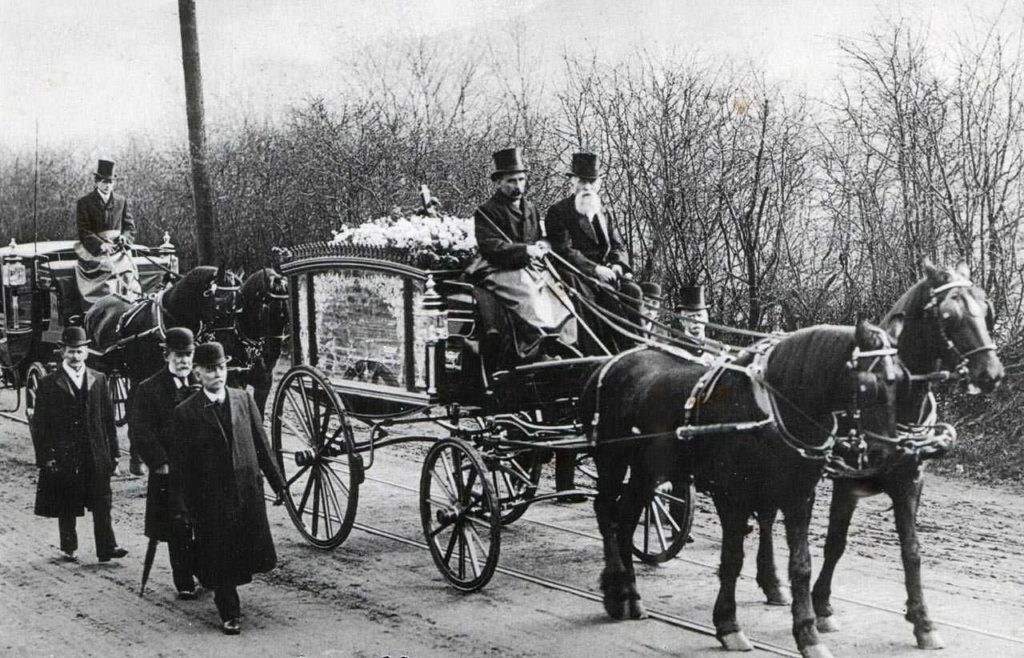
What is the Noble Truth of Suffering? Birth is suffering, aging is suffering, and death is suffering. Disassociation from the loved is suffering, not to get what one wants is suffering…. There is this Noble Truth of Suffering.
— Samyutta Nikaya LVI, II
“Oftentimes, the First Noble Truth is misquoted as ‘All life is suffering,’ but that is an inaccurate and misleading reflection of the Buddha’s insight. He did not teach that life is constant misery, nor that you should expect to feel pain and unhappiness at all times. Rather, he proclaimed that suffering is an unavoidable reality of ordinary human existence that is to be known and responded to wisely….
“Suffering is derived from the Latin word ferre, which means ‘to bear’ or ‘to carry.’ Helen Luke, the late Jungian analyst and classics scholar, likens the true meaning of conscious human suffering to a wagon bearing a load.
“She contrasts this definition of suffering with grief, from the Latin word gravare, which refers to ‘the sense of being pressed down,’ and affliction, from the Latin word fligere, which means ‘to be struck down, as if by a blow.’
“When you deny or resist the experience of your own suffering, you are unwilling to consciously bear it. It is this resistance to accepting your life just as it is that makes suffering ignoble, despicable, and shameful. It is a mistake in perception that can cause you additional suffering. In the first insight of the First Noble Truth, the Buddha asks you to carry your suffering without judgement and without resistance and in just this manner, to bear it with compassion and mindfulness in your heart.
“When you are overcome with resentment and aversion to suffering, your resistance is indeed an affliction. When you feel ashamed, depressed, and defeated by your suffering, it presses you down, causes you to contract.
“But if you can learn to separate your resistance to suffering from the actual pains and difficulties in your life, an incredible transformation takes place. You are able to meet your suffering as though you were a wagon receiving the load being placed on it. Paradoxically, the effect is that your load is lightened, and your life can roll forward, whatever its destination.
“The first insight of the Truth of Suffering is realized when you are able to distinguish between carrying the weight of your life with all its loss and pain, and collapsing underneath these difficulties. You nobly accept your suffering and acknowledge that your life is being characterized by it, despite your preference for it to be otherwise.
“When you learn to be with the truth of your suffering and the suffering of those for whom you care in a mindful, compassionate manner, you are ennobled. Being able to bear your pain with dignity empowers you to examine your suffering and bring an end to it.”
— from Dancing with Life, by Phillip Moffitt
And at Some Point, Perhaps
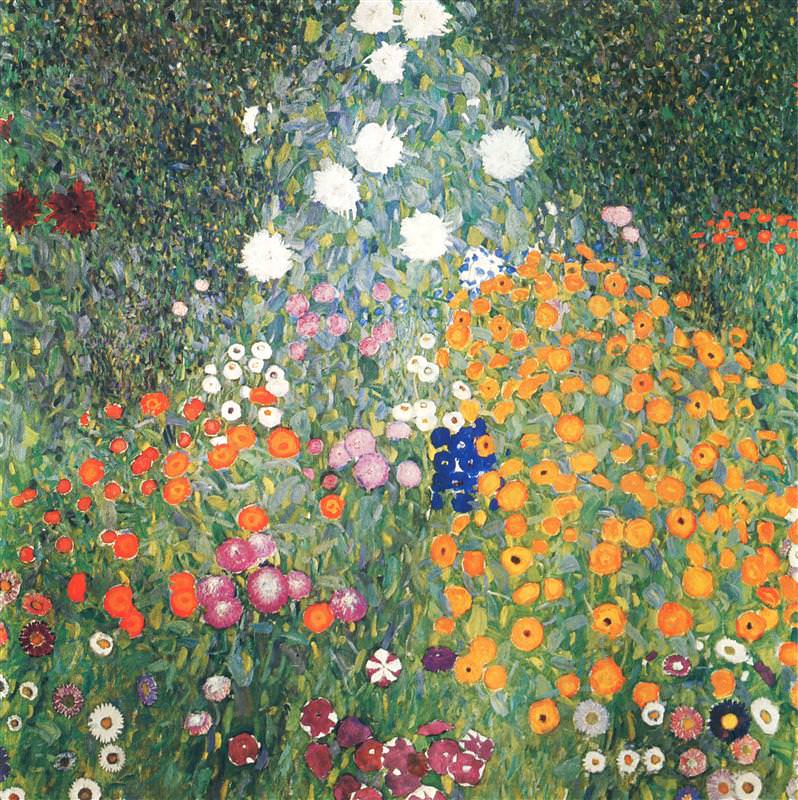
The Way It Is
by Rosemerry Wahtola Trommer
Over and over we break
open, we break and
we break and we open.
For a while, we try to fix
the vessel — as if
to be broken is bad.
As if with glue and tape
and a steady hand we
might bring things to perfect
again. As if they were ever
perfect. As if to be broken is not
also perfect. As if to be open
is not the path toward joy.
The vase that’s shattered
and cracked will never
hold water. Eventually
it will leak. And at some
point, perhaps, we decide
that we’re done with picking
our flowers anyway, and no
longer need a place to contain them.
We watch them grow just
as wildflowers do — unfenced,
unmanaged, blossoming only
when they’re ready — and my god,
how beautiful they are amidst
the mounting pile of shards.
This Moment is Like This
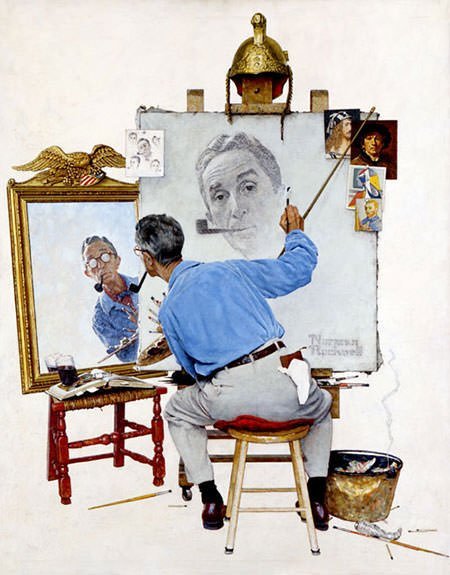
“Ajahn Sumedho repeatedly says, ‘This moment is like this,’ which sums up the sense of being fully present that you are trying to capture with the second insight of the First Noble Truth [which is that the truth of suffering must be understood].
“Making ‘this moment is like this’ a focus of your mindfulness practice can be an effective technique for understanding the difference between skillfully observing a difficult experience from within and unskillfully getting lost in the context of that experience. So when you’re meditating, you would practice noticing, ‘Back pain (or any body sensation) feels like this,’ and ‘Disappointment (or any other emotion) feels like this.’
“You can also focus your meditation inquiry on a particular life issue. Take for example a painful situation at work. You find out that your company is planning to lay people off, and your first thought is, ‘Oh, what if it’s me?’, followed by the mental anguish of imagining getting fired. This is accompanied by a physical reaction. Perhaps you feel nauseous, or your body become flushed with heat and your heart starts pounding.
“Very quickly you start telling yourself a story about how difficult your life will be once you’ve lost your job, and your mind replays the story 100 times. When that happens you are getting lost in an imagined story about the experience and creating dukkha for yourself.
“Instead, turn the situation into the focus of a mindful meditation inquiry and return to your actual experience, which is your physical and mental unease. Your only possibility for release is to acknowledge, ‘My work situation feels like this in this moment.’ In time you will see that just being with the experience brings dramatic relief.
“In all aspects of your life, you come to fully know your experience of suffering by noticing its specific qualities.
“Back pain may be felt as throbbing, piercing, contracting, or whatever the experience is in the moment when it is occurring. ‘Back pain is like this,’ you tell yourself, which points to the impersonal nature of suffering. This is simply the experience that emerges when certain causes and conditions come together. Likewise, you may know anger as a sensation of heat and tension in your body and a feeling that your mind is fixated and confused.
“You have a personal, unique experience of suffering in knowing that ‘anger feels like this.’ But the underlying difficulties that cause you to become angry are universal. As with back pain, when anger arises there is no need to identify with the experience, to become more miserable by taking the event personally. It is just another moment of life dancing, and you respond to it as best you can.
“When you are able to be fully present in this way and to say, ‘This moment is like this,’ you will experience a new kind of confidence. It is not that you immediately become fearless in the face of suffering, but your fear becomes just one more naturally arising experience, and so your suffering loses some of its power to control your life.”
— from Dancing with Life, by Phillip Moffitt
